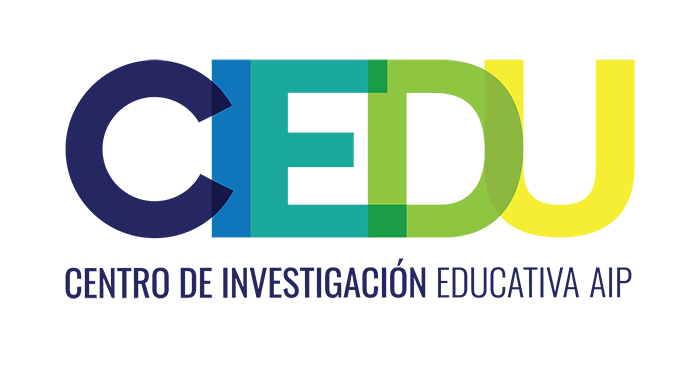| dc.contributor.author | United Nations Educational, Scientific and Cultural Organization | |
| dc.date.accessioned | 2023-10-26T19:13:07Z | |
| dc.date.available | 2023-10-26T19:13:07Z | |
| dc.date.issued | 2019 | |
| dc.identifier.citation | United Nations Educational, Scientific and Cultural Organization. (2019). Artificial intelligence in education: Challenges and opportunities for sustainable development. | en_US |
| dc.identifier.other | DMS: 292_19 ED-2019/WS/8 | |
| dc.identifier.uri | https://repositorio.ciedupanama.org/handle/123456789/296 | |
| dc.description | This paper belongs to a series which is designed to nurture the international debate about a wide range of education policy issues. | en |
| dc.description.abstract | Artificial Intelligence is a booming technological domain capable of altering every aspect of our social interactions. In education, AI has begun producing new teaching and learning solutions that are now undergoing testing in different contexts. This working paper, written for education policymakers, anticipates the extent to which AI affects the education sector to allow for informed and appropriate policy responses. This paper gathers examples of the introduction of AI in education worldwide, particularly in developing countries, discussions in the context of the 2019 Mobile Learning Week and beyond, as part of the multiple ways to accomplish Sustainable Development Goal 4, which strives for equitable, quality education for all.
First, this paper analyses how AI can be used to improve learning outcomes, presenting examples of how AI technology can help education systems use data to improve educational equity and quality in the developing world. Next, the paper explores the different means by which governments and educational institutions are rethinking and reworking educational programmes to prepare learners for the increasing presence of AI in all aspects of human activity. The paper then addresses the challenges and policy implications that should be part of the global and local conversations regarding the possibilities and risks of introducing AI in education and preparing students for an AI-powered context.
Finally, this paper reflects on future directions for AI in education, ending with an open invitation to create new discussions around the uses, possibilities and risks of AI in education for sustainable development. | en |
| dc.format | application/pdf | en_US |
| dc.language.iso | en | en_US |
| dc.publisher | United Nations Educational, Scientific and Cultural Organization | en_US |
| dc.relation.ispartofseries | 740 Formadores de Docentes; | |
| dc.rights | info:eu-repo/semantics/openAccess | en_US |
| dc.rights | https://creativecommons.org/licenses/by-nc-sa/4.0 | en_US |
| dc.subject | Sustainable Development, AI, Learning and equity, AI in education | en_US |
| dc.title | Artificial Intelligence In Education | en_US |
| dc.title.alternative | Challenges And Opportunities For Sustainable Development | en_US |
| dc.type | info:eu-repo/semantics/workingPaper|info:eu-repo/semantics/publishedVersion | en_US |

